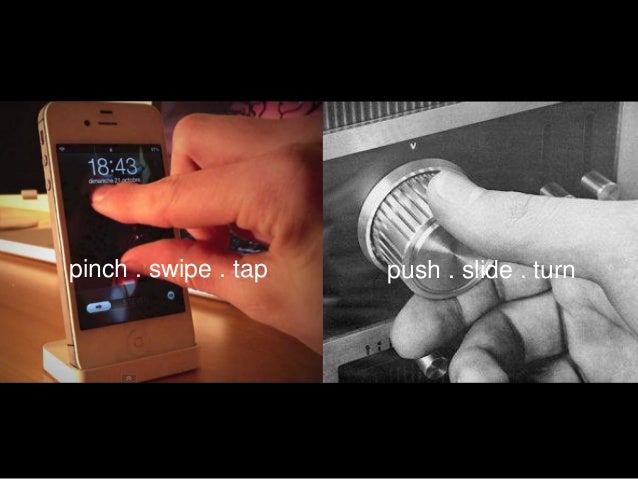

Specifically in gastric/GEJ adenocarcinoma Keytruda monotherapy is approved third line in ≥1% PD-L1 expressers, but the continued standing of this label got a negative US adcom vote last month. The gastric/oesophageal cancer space is complicated by approvals in different settings based on histology and PD-L1 status. Leerink analysts reckon some 10,000 gastric/GEJ adenocarcinoma patients are treated first line each year, and around a quarter are Her2-positive, which amounts to a $300m market. In April Opdivo was approved in this cancer with no stipulation about Her2 status, but its label stresses that the supporting study, Checkmate-649, excluded Her2-positive patients. The US green light, on an accelerated basis, concerns first-line Her2-positive gastric/gastroesophageal junction adenocarcinoma. And, of course, the unexpected approval allows Keytruda to compete against Bristol Myers Squibb’s Opdivo in an important setting. The data concern remission rates, and show a benefit versus Herceptin and chemo alone, an important fact that could affect development strategies from biotechs including Pieris and Silverback. The trial’s results were to be presented for the first time at Asco next month, but thanks to Keytruda’s new label they can be seen today. In addition to KEYNOTE-062, additional first-line, Phase 3 studies in Merck’s gastric clinical program include KEYNOTE-811 and KEYNOTE-859, as well as KEYNOTE-585 in the neoadjuvant and adjuvant treatment setting.Yesterday’s surprising US approval of a Keytruda/Herceptin/chemo triple combo that few had even realised had been filed shines a light on data from its supporting Keynote-811 study.
Keynote 811 trial#
KEYNOTE-062 is a potential confirmatory trial for this accelerated, third-line approval. Food and Drug Administration (FDA) approved KEYTRUDA as a third-line treatment for previously treated patients with recurrent locally advanced or metastatic gastric or gastroesophageal junction cancer whose tumors express PD-L1 (CPS ≥1) as determined by an FDA-approved test, with disease progression on or after two or more prior lines of therapy including fluoropyrimidine- and platinum-containing chemotherapy and if appropriate, HER2/neu-targeted therapy. We sincerely thank the patients and investigators for their involvement in KEYNOTE-062 and look forward to sharing detailed study results with the medical community.”

“KEYTRUDA monotherapy did show noninferior overall survival in the total patient population, though the study did not meet all of its primary endpoints. Roy Baynes, senior vice president and head of global clinical development, chief medical officer, Merck Research Laboratories.

“Gastric cancer is historically difficult to treat, and unfortunately continues to be associated with high mortality rates in many countries, particularly in the metastatic stage,” said Dr. Results will be presented during an oral session at the 55th Annual Meeting of the American Society of Clinical Oncology (ASCO) in Chicago on Jand will be discussed with regulatory authorities. The safety profile of KEYTRUDA was consistent with that previously observed in gastric cancer.
Keynote 811 plus#
In the combination arm of KEYNOTE-062, KEYTRUDA plus chemotherapy was not found to be superior for OS (CPS ≥1 or CPS ≥10) or progression-free survival (PFS) (CPS ≥1) compared with chemotherapy alone. In the monotherapy arm of the study, KEYTRUDA met a primary endpoint by demonstrating noninferiority to chemotherapy, the current standard of care, for overall survival (OS) in the entire intention-to-treat (ITT) population of patients whose tumors expressed PD-L1 (Combined Positive Score ≥1).


 0 kommentar(er)
0 kommentar(er)
